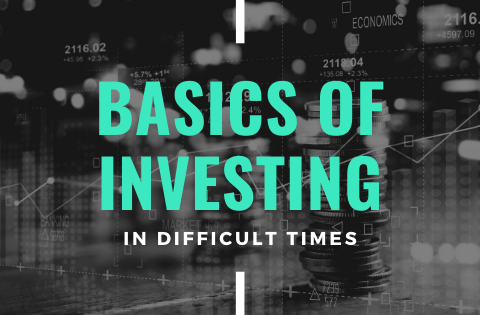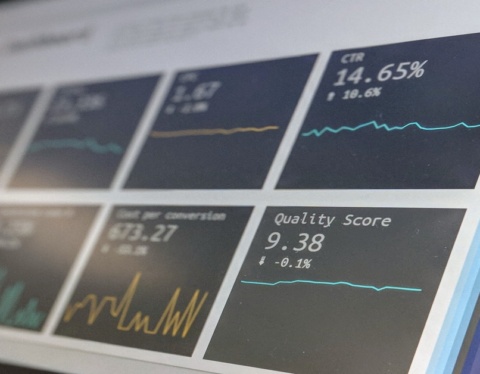Paytm and Byju’s – who doesn’t know them?! Doc Talk, Healtech start-up or Doodhwala, milk delivery start-up – how many of us have even heard of them?! Between the last two, each was funded $5M and $4M respectively in the last few years.
Every entrepreneur’s dream is to see one’s venture breaking even and generating profits. As soon as this starts happening, the next question is of course about where to invest. This will include your team, marketing, equipment, having a cash buffer, yourself and so on. Which means every rupee of profit goes back into the business. A general practice for an entrepreneur would be reinvesting all profits back in the business, drawing out only what one requires and leaving the rest in business assets. Unless one is very careful, over time the distinction between business and personal assets do get blurred.
At Guardian, we certainly differ from this practice, and would say that this is definitely the worst strategy. In fact, we believe putting everything back into the business is akin to putting all eggs in a single basket; in this case its one’s own business. Statistics show 71% of businesses fail within the first 10 years. Even with the best of planning, reality is that 82% of businesses tend to fail due to cash flow problems. We believe it’s a good time to revisit the principle of putting every rupee earned back into the business. And recommend that every entrepreneur must plan to invest the profits in not just the business but also another liquid asset which will generate growth and become a passive mode of income.
Keeping the company going each year is as crucial as getting the company off the ground.
How can one manage this better? We suggest a simple solution, consider treating yourself like an employee of your business, which means paying yourself along with your employees, irrespective of the quantum. Point is to pay yourself too.
This creates a discipline that the business must necessarily pay for all personnel including the promoter. With this base in place, next plan for a rainy day i.e., an emergency fund. Use investment as a tool to build personal liquid assets outside of the enterprise. Which means should the need arise, it can be lent to the enterprise, instead of having to withdraw money from the business for personal requirements.
To summarise, question the principle of investing all the enterprise earnings back into the enterprise as the only way of growing wealth. Consider paying oneself as a personal risk mitigation strategy even if it’s a nominal amount.




